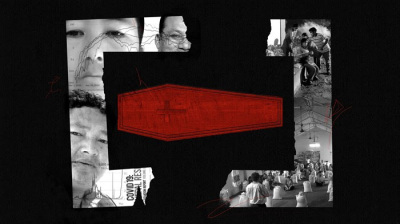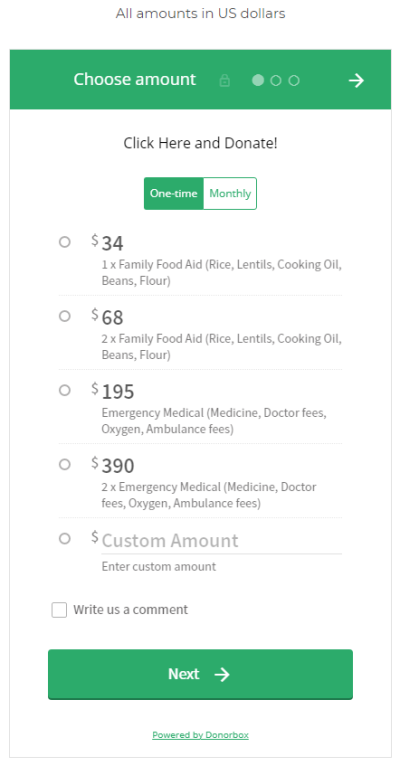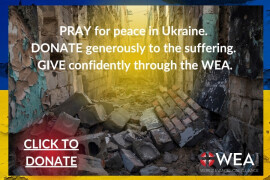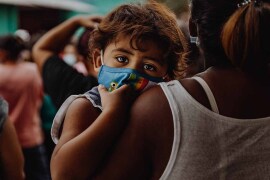The situation in Nepal and Myanmar is dire
Pastor Amar Bahadur Fauja of Nepal died of COVID-19 this year, in the same hospital where his son also died of COVID-19 merely a week before. Pastor Amar Fauj was a God fearing pastor who started churches in Nepal with only a few believers and stood up to severe persecution during his time as pastor. His son, Pastor Lok Bahadur Fauja, was equally motivated to share the gospel regardless of circumstance.
What this shows, and what many sadly learned over the last year, is that COVID-19 does not discriminate. These pastors leave behind families who no longer have an income, and leaderless churches who no longer have a shepherd to teach them about the Bible. Smaller congregations do not have a succession plan and need support while seeking new leadership.

The pastors still serving in Nepal continue to do so in dire circumstances. In 2019, the Multidimensional Poverty Peer Network (MPPN) reported that 17.4 percent of Nepalis are impoverished based on several key indicators. But 63.5 percent of Nepalis experience at least one COVID-19 related deprivation, which includes lack of water and poor nutrition.
But we also know that the message of the gospel is more powerful than persecution, and more powerful than the Coronavirus. We at the World Evangelical Alliance are working hard to help our Christian brothers and sisters in Nepal and Myanmar. Our mission is to strengthen local churches through national alliances, supporting grassroots leadership and seeking practical ways to show the unity of the body of Christ. We are a network of churches in 129 nations that have joined to give a worldwide identity, voice and platform to more than 600 million evangelical Christians.
Even with their multitude of struggles, we’ve witnessed over 7,000 churches grow in Nepal regardless of their challenges. Nepal is still one of the fastest growing churches in the world, with the number of Christians estimated at 10% of their population. This is happening even though it is still illegal to preach the gospel or even walk down the street with a Bible.
But our Christian brothers and sisters desperately need our help. We have a disaster team on the ground that prioritizes needs, starting with pastors' families who no longer have an income source. Without income, they cannot access the basic things for life that many of us take for granted. We also want to continue providing Covid-19 health kits of masks and antibacterial soap to prevent COVID-19 as much as possible, since medical care is limited. But when medical care is needed, we want to help the people we serve access it.

In the book of Acts, we learn Paul took up a collection for the poor in Jerusalem. He boldly asked for support to help impoverished Christians.
All the believers were one in heart and mind. No one claimed that any of their possessions were their own, but they shared everything they had.… There were no needy persons among them. From time to time those who owned land or houses sold them, brought the money from the sales and put it at the apostles’ feet, and it was distributed to anyone who had need. (Acts 4:32, 34–35)
COVID-19 continues to have devastating impacts through their community, and the realities of religious persecution are still there. They need our help more than ever. Will you help us be the church as taught by Paul and donate to our Pastor’s Emergency COVID Fund? A gift of $34 provides rice, lentils, cooking oil, beans, and flour for a family, but any amount is appreciated. And for a limited time, your gift will be matched and is fully deductible.
Click here to give NEPAL and MYANMAR Pastors’ Emergency Covid Fund.



